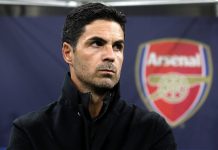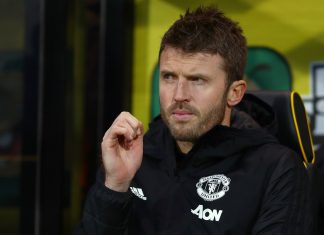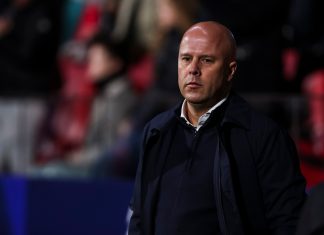Juan Roman Riquelme, and Juan Sebastien Veron. The duo, both playmakers in their own right, have enjoyed distinguished careers but have left the game with little acclaim beyond their home continent. They deserve better.
With Riquelme’s departure goes one of the best players of his generation, as well as the last of an old type. A slower, thinking playmaker, the Argentine could often look ponderous but as soon as closed down he had the skill and intelligence to turn into space. Few players can have been both so immobile yet adept at finding space on the football field as Riquelme.
He moved to Barcelona as a youngster and was heralded as one of the best young talents in Argentine football. He failed to make the grade at the Nou Camp though, but found a home for himself under countryman Mauricio Pellegrini at Villarreal. Riquelme was the figurehead in one of the most intriguing teams of the last decade.
They reached the semi finals of the Champions League in 2006 thanks in large part to Riquelme’s artistry and invention.
As the club declined, he moved back to Boca Juniors, whom he shone with in the last year as they won the Argentine league and reached this year’s Copa Libertadores final. After a 2-0 defeat in the second leg of the final to Corinthians, Riquelme announced his retirement.
Veron similarly bowed out after his season with Estudiantes ended. He too enjoyed a distinguished career though on the other side of the Atlantic. Veron was superb for Parma before moving and playing a key role in the Lazio team which won the league in 2001, and was one of Europe’s top players. A blistering long range shot and a superb range of passing were his hallmarks. The Argentine general then moved to Manchester United, but failed as Alex Ferguson did not know how best to utilise his talents. He moved to Chelsea, who similarly failed to get the best out of him. Veron had much more talent than he showed though, his passing and technique going under-appreciated in England.
He moved to Inter, winning the scudetto, before returning to Argentina and shone once again in his homeland. Veron showed his timeless ability to dictate the game into his latter years, as did Riquelme. The duo both showed one of the less appreciated arts in football. Being able to control a game with passing and intelligence, rather than running and physicality. In a day when that type of player is being less and less utilised by the top teams, Veron and Riquelme’s careers and triumphs during their time deserve celebration and acclaim. Gone from the game, but not forgotten.







